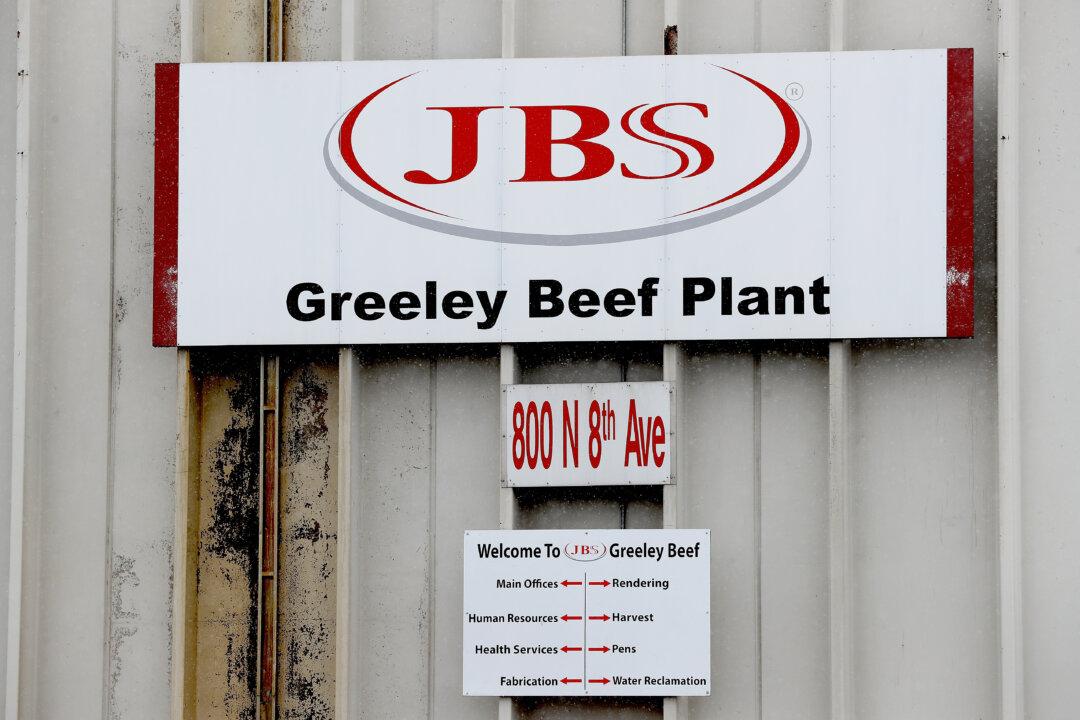The California Trucking Association (CTA) filed a lawsuit (PDF) on Tuesday to challenge a new labor law in the state aimed at providing gig-economy workers, such as Uber drivers, with wage and benefit protections. The CTA, however, says the new law is a death knell for independent truckers and owner-operators in California.

This undated file photo shows trucks lined up at a rest stop. Photo: Shutterstock
|Updated:




